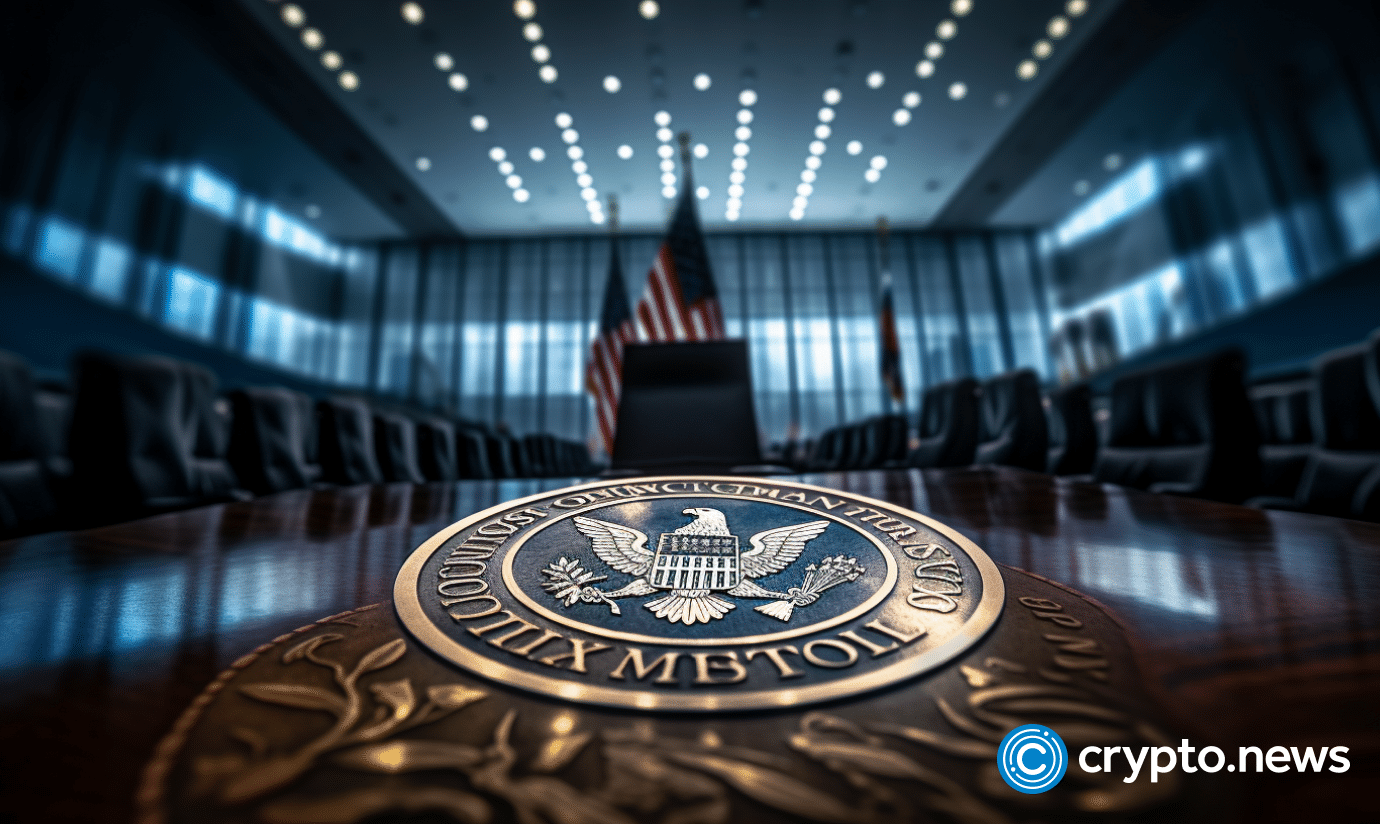The SEC is adopting more stringent compliance rules for large capital investors in the Treasury market, but some provisions appear to impact users of decentralized finance.
On February 6, the U.S. Securities and Exchange Commission (SEC) adopted two rules mandating that market participants engaging in significant liquidity providing activities comply with regulatory obligations and federal financial laws by registering with a watchdog and joining a self-regulatory body. I did.
First proposed in March 2022, the regulations aimed at strengthening Treasury market security include provisions related to crypto-asset securities. Once this bill goes into effect, Defi investors who provide more than $50 million in liquidity to automated market makers like Uniswap will fall under the SEC’s purview.
The SEC’s consideration of the rule resulted in a 3-2 vote, with Commissioners Hester Peirce and Mark Uyeda voting against the proposal. Commissioners Gary Gensler, Caroline Crenshaw and Jaime Lizarraga supported the idea.
The rulemaking is aimed at those that make money by buying low in the Treasury market and selling it high, creating additional regulatory confusion in other markets, including self-dealing funds, private equity funds and other crypto-asset securities.
Mark Uyeda, SEC Commissioner
Cryptocurrency advocates like the Blockchain Association and the DeFi Education Fund pushed back against the policy in a comment letter when the rule was first introduced. Miller Whitehouse Levine, CEO of the DeFi Education Fund, argued that the expanded definition of market dealer is too vague and leaves several unresolved concerns with DeFi protocols.
Commissioner Peirce asked how automated market makers (AMMs), which are essentially software, can register with the SEC and how many companies the new regulations will affect. Haoxiang Zhu, director of the SEC’s trading and markets division, said the proposal targets individuals who utilize decentralized software rather than the technology itself.
Zhu added that it is difficult to pinpoint which participants will be affected due to limited information and outright non-compliance by DeFi actors.
One of the reasons they don’t comply is because they don’t understand what our rules are. They can’t even figure out if we think something is a security.
Hester Pierce, SEC Commissioner

